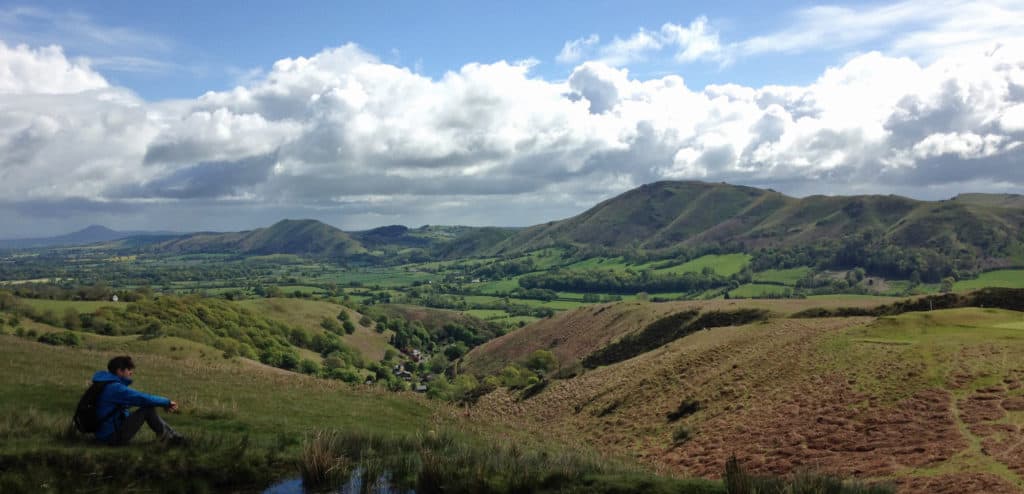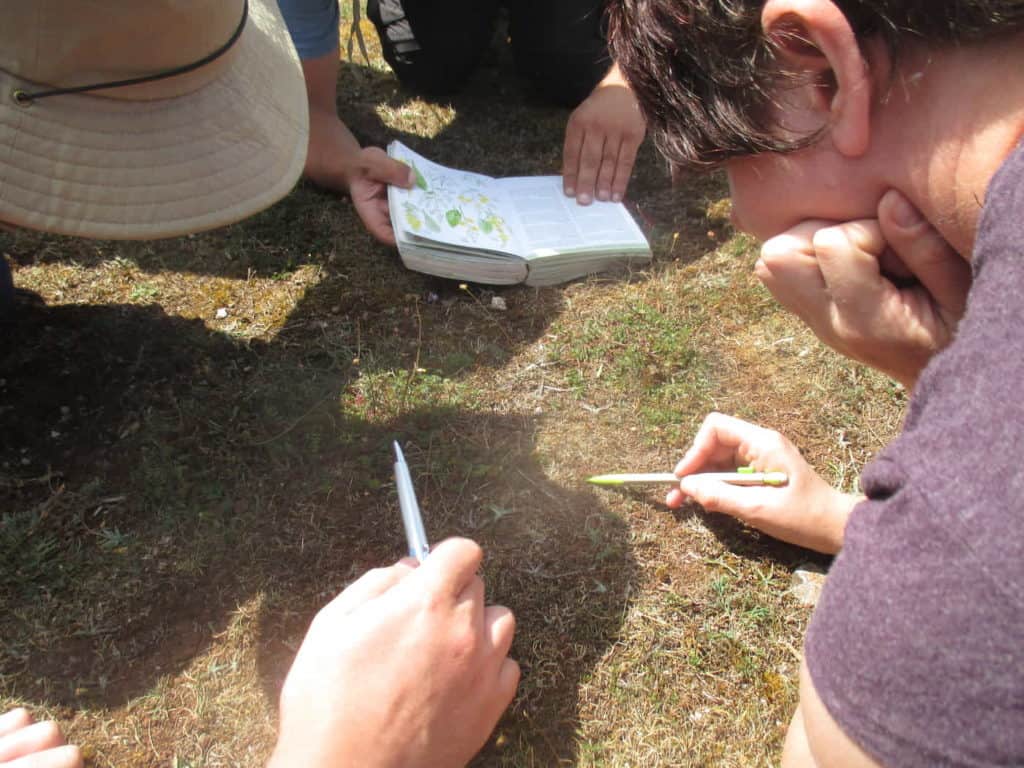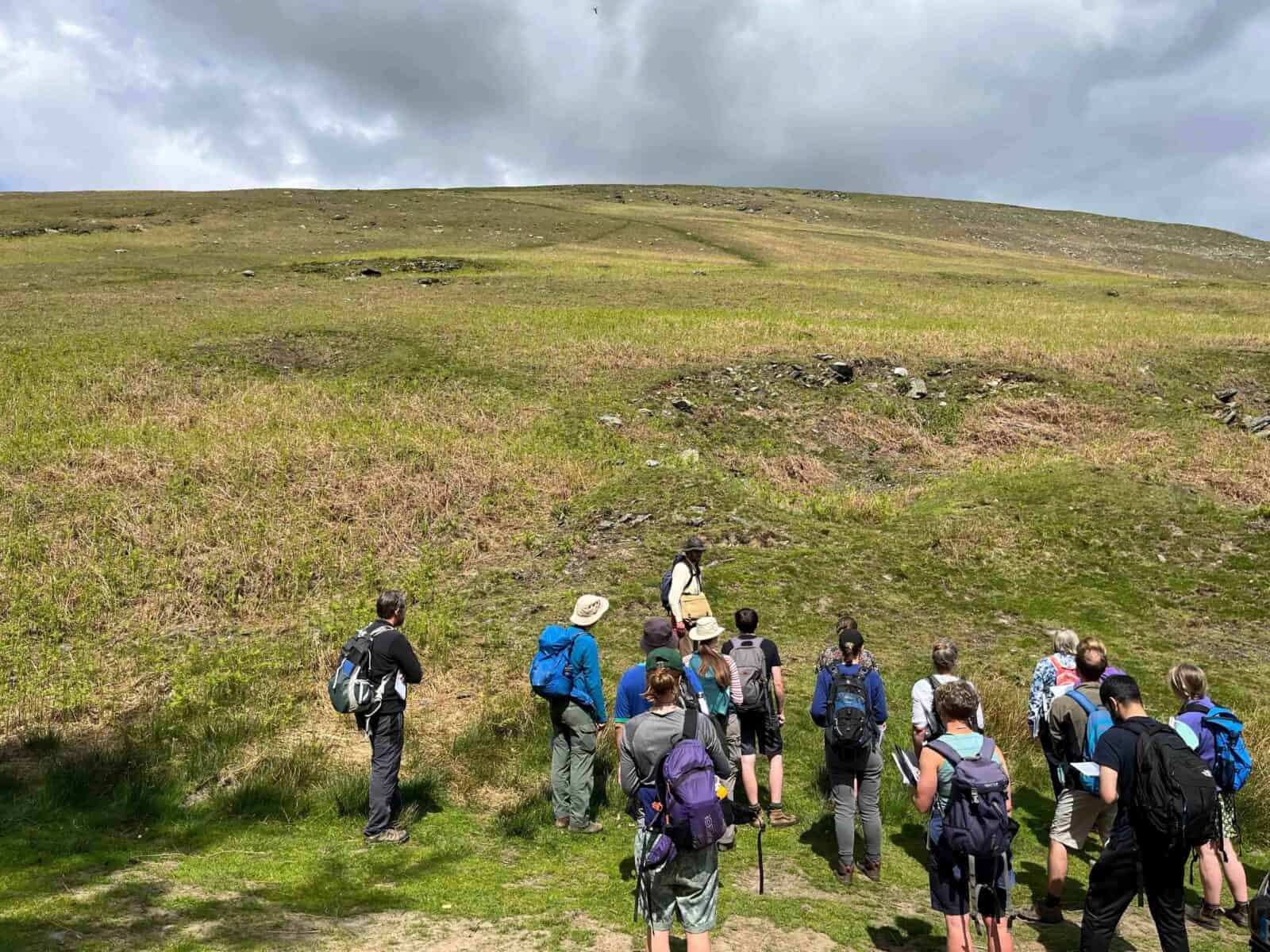This 2-day course will introduce learners to indicator plant species of Upland Priority Habitats using botanical keys to enable recognition. As a result, learners will be able to make informed decisions on the most suitable locations for upland woodland creation avoiding priority habitat.
This course will include:
- Practice of botanical identification of key indicator species.
- The introduction of Upland Priority Habitats and their indicator species.
- Observation and discussion of indicators of degraded priority habitats.
- Discussion around woodland creation decision-making.
We take on-demand bookings for this course at a date and location to suit your group. Get in touch to discuss: [email protected]



Read More
By the end of the course, you will be able to:
- Practice use of keys and basic plant ID skills – high beginner/intermediate level
- Recognise priority habitats from their indicator species. To include purple moor grass and rush pastures, upland acid grassland/grass moorland, upland calcareous grassland, upland hay meadow, upland heathland (dry and wet), blanket bog, upland flush, fen and swamp as dictated by region and time of year.
- Observe and discuss indicators for degraded or remnant condition of these habitats.
- Discuss the suitability of woodland creation for different locations with a
mosaic habitat approach as outlined in the Woodland Creation Guide.
Who Should Attend?– Anyone who is involved in the decision making and practical stages of woodland creation who need to make informed decisions about where to, and importantly where not to plant trees.
Knowledge Level– Beginner to Intermediate. Level descriptors can be found on the following web-page: Framework and Course Level Descriptors.
Prior Knowledge– Some prior knowledge of botanical identification will be useful, but not essential. Some experience of habitat surveying and habitat types would also be beneficial.
This course was created by the Field Studies Council following advice from the Woodland Trust.
Example Timetable
This course will usually run from 10am- 5pm over two consecutive days, and will involve both classroom learning and field excursions to cover all of the learning objectives.
Refreshments (tea and coffee) will be provided.
What's Included
The course has been carefully created by expert tutors and educators to help you build your knowledge and apply it within the field surrounded by like-minded individuals.
The course includes:
- Classroom learning covering the theory of the topic
- Field excursions to apply new knowledge
- Expert tuition for which the Field Studies Council is renowned
- Clear objectives and progression
- Refreshments (tea/coffee)
You can rest assured that the absolute best content from an expert in environmental education will be provided. In choosing a Field Studies Council course, you will be joining thousands of people who learn with us each year.
Bursaries and Subsidies
Student Discount
This course is eligible for a student discount. If you are a current student, please use discount code BioStudent20 at checkout for 20% off all Biodiversity courses.
Natural History Bursaries
There are a number of natural history bursaries available to help with the cost of your course. To find out if you and your chosen course are eligible, read more here.
Before You Attend
What to Bring
- Notebook and pencil
- Lunch and refreshments
- Sensible footwear and clothing for being outdoors
- Small bag to carry personal items
- A x10 hand lens
- Your preferred botanical keys and guides.
Recommended Literature
Priority open habitats and woodland creation guide (2020) Forestry Commission
There will be a member of staff with first aid training and access to a first aid kit on site. If you have special medical or access requirements, please let us know as soon as possible so we can plan the course.
Opportunities to attend this course
This course is not currently available to book. Dates will follow soon.
Sign up to our Email Newsletter
No current dates for this course? Click here to view all the upcoming Natural History courses.
Progress Your Learning
This is a training course from the Field Studies Council, delivered by expert tutors with an approachable learning style. After attending this course, you may like to progress your learning with further relevant courses or branch out into other areas of natural history. The Field Studies Council offers both online and in-person courses, so you can choose the learning style that suits you best.
The course gives you the opportunity to immerse yourself in a new subject and acquire novel skills. Our online portal gives you time to study at your own pace and fit the lessons around your own schedule.
If you have any questions about our courses, please check out our Frequently Asked Questions or email [email protected].
Group Bookings Made Easy
If you have a group of 10 or more individuals wanting to complete one of our courses, our team are available to discuss your options – from discounts to private team courses. Find out more!
You can rest assured that the absolute best content from an expert in environmental education will be at your fingertips. In choosing a Field Studies Council course, you will be joining thousands of people who learn with us each year.

